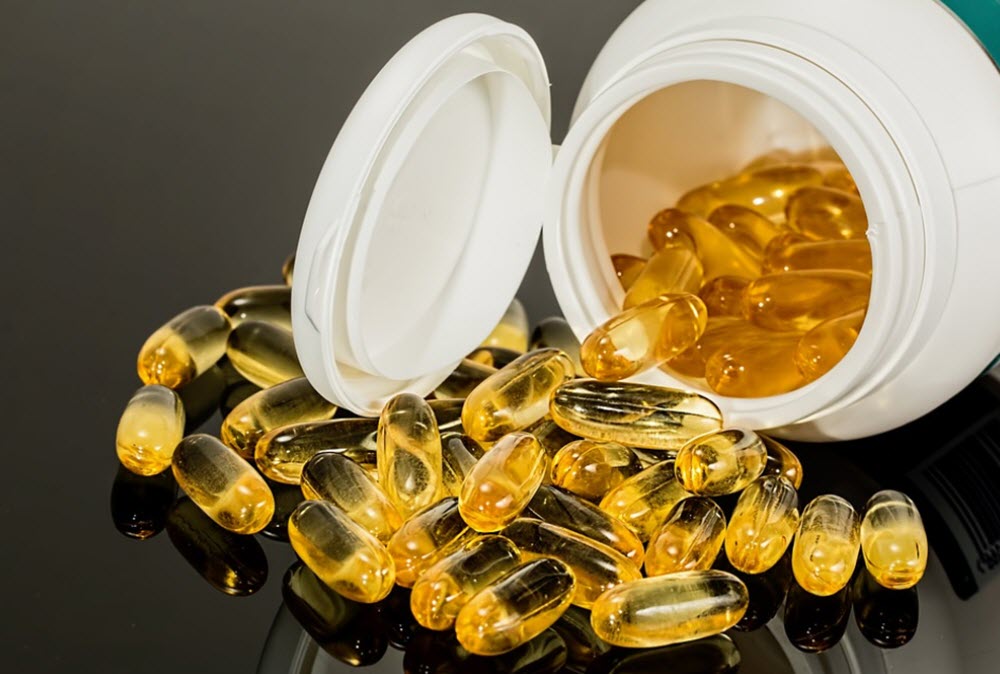A stroke is a medical condition that occurs when blood flow to a part of the brain is interrupted, leading to damage in the affected area. Recovery from a stroke can be a long and challenging process. In recent years, the use of dietary supplements to aid in post-stroke recovery has gained attention. This article explores various supplements studied for their potential benefits in supporting the recovery process after a stroke.
Disclaimer: It is crucial to consult a healthcare professional before taking any supplements, especially after a stroke, as there can be interactions with medications and individual health conditions.

Understanding Strokes and Their Impact
What is a Stroke?
A stroke occurs when there is a lack of blood flow to the brain. This can be due to a blocked blood vessel (ischemic stroke) or a ruptured blood vessel (hemorrhagic stroke). The resultant lack of oxygen and nutrients causes brain cells to die, affecting various functions controlled by the impacted area of the brain.
The Road to Recovery
Post-stroke recovery typically involves physical therapy, occupational therapy, speech therapy, and medications to manage symptoms and prevent future strokes. Some individuals also explore dietary supplements as an adjunct to conventional therapy.
Supplements That May Aid in Post-Stroke Recovery
Omega-3 Fatty Acids
Omega-3 fatty acids in fish oil are known for their anti-inflammatory properties. They may also help improve brain function. Some evidence suggests that omega-3 fatty acids can reduce brain damage and improve recovery when administered shortly after a stroke. However, more research is needed to establish the effectiveness and appropriate dosing.
B Vitamins
B vitamins, including B6, B9 (folic acid), and B12, play a vital role in reducing homocysteine levels, which are often elevated after a stroke. High homocysteine levels have been linked to increased stroke and heart disease risk. Taking B vitamins may help reduce this risk and support brain health.
Vitamin D
Vitamin D is known for its role in bone health but may also have neuroprotective effects. Some studies have indicated that vitamin D deficiency is common in stroke patients and that supplementation may improve outcomes, particularly in terms of reducing the severity of disability after a stroke.
Coenzyme Q10 (CoQ10)
Coenzyme Q10 is an antioxidant found naturally in the body. Some studies have suggested that taking CoQ10 supplements may reduce brain damage caused by ischemic stroke and improve neurological function. However, more extensive studies are needed to confirm these findings.
Ginkgo Biloba
Ginkgo Biloba, an herb with antioxidant properties, has been studied for its potential to improve brain function in people with dementia. While evidence suggests that Ginkgo Biloba may also help improve memory and cognitive function after a stroke, more research is needed to confirm these effects.
Caution and Consultation
Potential Interactions and Side Effects
While supplements can be helpful, it is essential to be cautious. Some supplements, such as anticoagulants, can interact with medications typically prescribed after a stroke. Additionally, the safety and efficacy of many supplements have not been firmly established.
Professional Guidance
Before taking any supplements, it is crucial to consult a healthcare professional who is knowledgeable about your health status and can provide guidance on whether a particular supplement is appropriate for your condition.
